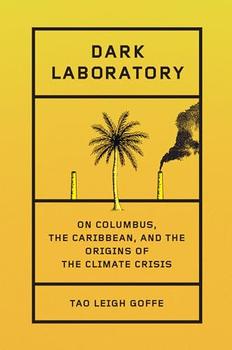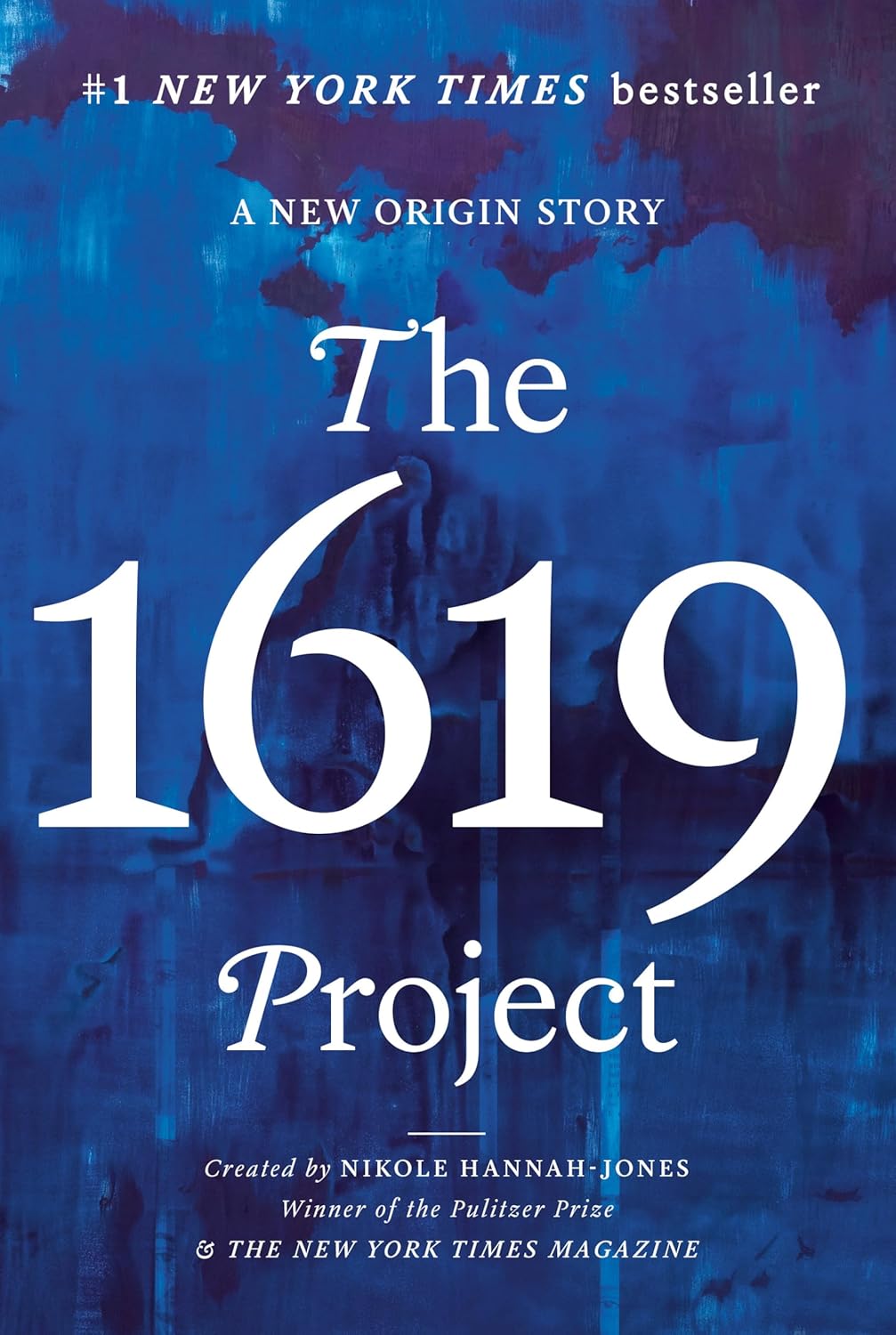Summary | Excerpt | Reviews | Beyond the Book | Read-Alikes | Genres & Themes | Author Bio

On Columbus, the Caribbean, and the Origins of the Climate Crisis
by Tao Leigh GoffeThis article relates to Dark Laboratory
Dark Laboratory is an incredible reconfiguring of a historical moment that provides a new understanding of the current climate crisis and how it is intertwined with the legacies of colonialism. One way of thinking about the book is as a countertext to commonly taught histories of globalization, colonialism, and climate change. A countertext is a text or narrative that presents events from a different perspective. They are most frequently studied in literary and sociological contexts, but, as Tao Leigh Goffe proves, they can be equally important when contemplating history and the environment. A countertext can be a work of nonfiction or fiction, but in both cases, it is meant to add to, intervene in, or counteract the narratives that readers might think they know well. Countertexts can be written for many different purposes and from many different perspectives, but they always provide readers and learners with more information about a given subject than one would find in the mainstream reading.
 There are expansive and flexible examples in fiction, from countertextual classic literature to reimaginings of popular culture staples. For example, Wide Sargasso Sea (1966) by Jean Rhys provides readers with a clear vision of Mr. Rochester's first wife from Charlotte Brontë's Jane Eyre, through a postcolonial and feminist lens. Stephenie Meyer of Twilight Saga fame rewrote one of her own books from a different character's perspective. We even see this with Disney films, such as Cruella (2021) and Maleficent (2014), which expand viewers' perceptions of the titular iconic villains beyond simply being evil women.
There are expansive and flexible examples in fiction, from countertextual classic literature to reimaginings of popular culture staples. For example, Wide Sargasso Sea (1966) by Jean Rhys provides readers with a clear vision of Mr. Rochester's first wife from Charlotte Brontë's Jane Eyre, through a postcolonial and feminist lens. Stephenie Meyer of Twilight Saga fame rewrote one of her own books from a different character's perspective. We even see this with Disney films, such as Cruella (2021) and Maleficent (2014), which expand viewers' perceptions of the titular iconic villains beyond simply being evil women.
 Recent nonfiction examples include The 1619 Project by journalist Nikole Hannah-Jones, which critically examines significant moments and figures from US history pertaining to enslavement. Another would be the efforts of the National Trust in the United Kingdom to more clearly talk about the colonial histories of many of the great houses and estates it owns and preserves. Such projects counteract dominant narratives and let people who are often overlooked or actively oppressed have a voice and be seen in the historical record.
Recent nonfiction examples include The 1619 Project by journalist Nikole Hannah-Jones, which critically examines significant moments and figures from US history pertaining to enslavement. Another would be the efforts of the National Trust in the United Kingdom to more clearly talk about the colonial histories of many of the great houses and estates it owns and preserves. Such projects counteract dominant narratives and let people who are often overlooked or actively oppressed have a voice and be seen in the historical record.
Goffe's work in Dark Laboratory, and in her research lab, awakens not only human histories that have been overlooked, but histories of lands before European colonization. By doing this work, Goffe has written an engaging and powerful countertext. Dark Laboratory intervenes in commonly known narratives about history, progress, and resource extraction, and invites readers to think a little bit more about how these narratives are intertwined with the current narratives about climate change. This alternate view is not counterfactual — it is not presenting a different set of facts or a different reality. It is instead encouraging people to look at information not always included in the stories we tell about climate, history, and modernity. By doing so, Goffe also encourages us to look at perspectives often ignored, and to pursue a more complex narrative that considers how people move across the globe, and were moved and continue to be moved by imperial powers, as well as how the roots of climate change were sown long ago.
Countertexts are an important part of expanding the narrative of human existence, whether in fiction or in nonfiction works. They do not just encourage readers to ask who might be missing from history or historical contexts, but they reinsert them into what we know about different periods of time, and in doing so, can shift or widen readers' perspectives.
Filed under Society and Politics
![]() This article relates to Dark Laboratory.
It first ran in the February 12, 2025
issue of BookBrowse Recommends.
This article relates to Dark Laboratory.
It first ran in the February 12, 2025
issue of BookBrowse Recommends.
Your guide toexceptional books
BookBrowse seeks out and recommends the best in contemporary fiction and nonfiction—books that not only engage and entertain but also deepen our understanding of ourselves and the world around us.